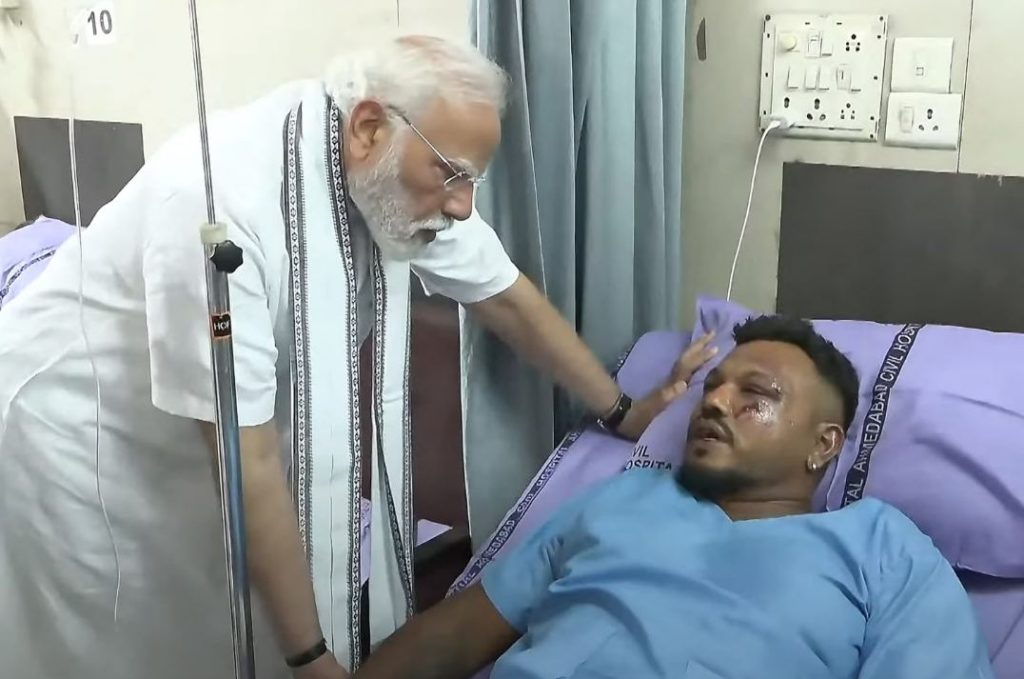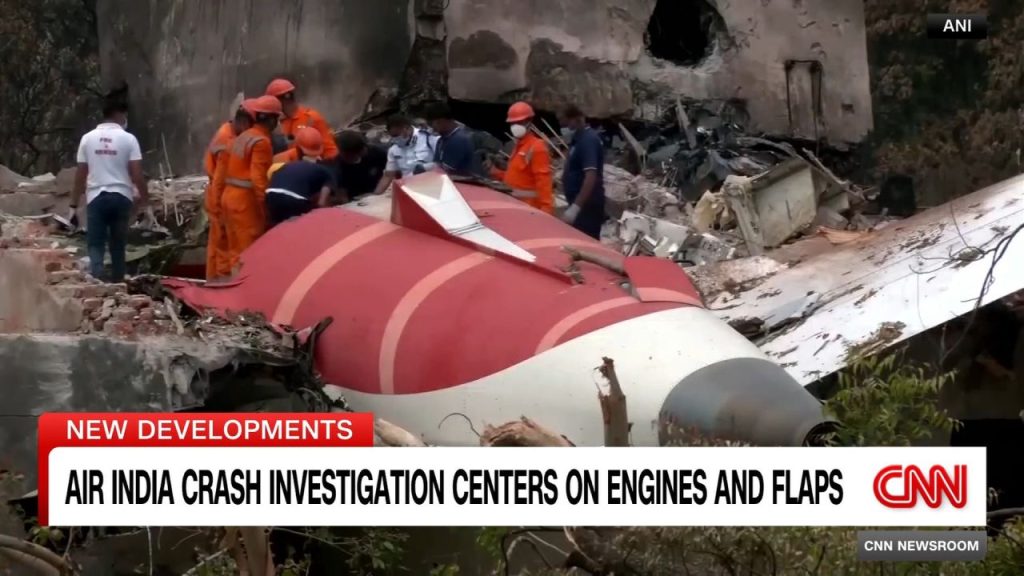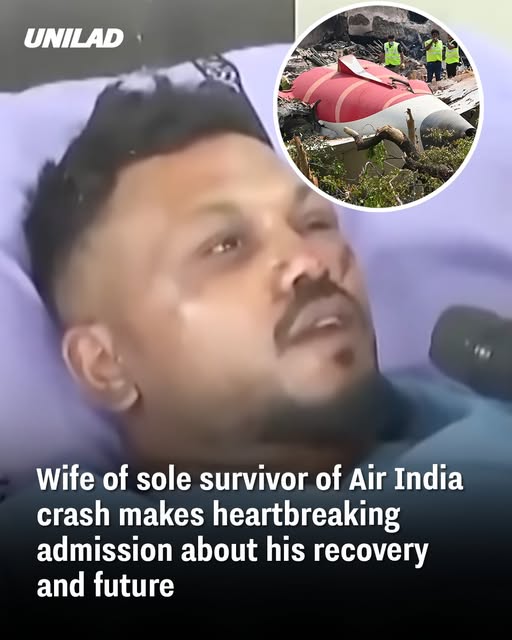Three months have passed since a devastating plane crash involving Air India that claimed the lives of 260 people. Still, the sole survivor 40-year-old businessman from Leicester, Vishwash Kumar Ramesh remains under medical care in India. His wife, Hiral, speaks of ongoing treatment and uncertainty about when he might return home.
Tragedy Unfolds
On June 12, a Boeing 787-8 Dreamliner operating as Air India Flight 171 crashed shortly after takeoff from Ahmedabad, India. Within only 32 seconds in the air, the aircraft struck the hostel block of a medical college. Of all aboard, only one person survived. Among the victims were 12 crew members, 229 passengers, and 19 people on the ground. Ramesh had been seated near an emergency exit—seat 11A—when the crash occurred. Among the many lives lost was his brother Ajay, who had been across the aisle from him. The full scale of grief around that loss continues to weigh on him.

Family Moves and Emotional Tol
Following the crash, Hiral and their young son returned to the UK so the child could resume his schooling. Most of Ramesh’s family remains in India. The son understands why they had to leave, but he still deeply misses his father. Meanwhile, Ramesh remains in India for treatment. Hiral says she is unsure when he’ll be well enough to come back. He is not speaking to media, either in India or elsewhere. The loss of his brother and the trauma of the crash have had a severe emotional impact.
Returning Home? Uncertainty Lingers
His brother-in-law has expressed concern that Ramesh may never come back to the UK. The suggestion is that, after all that has happened, Ramesh would be too frightened to take another flight. Neither Hiral nor family members can say when—or even if—he will make the journey back.
What Investigators Found
In the aftermath of the crash, a preliminary investigation revealed that just after takeoff, fuel switches for the jet’s engines were moved to the “cut-off” position. Seconds later, the aircraft began a descent. An attempt to restore fuel supply was made but was unsuccessful. Cockpit voice recordings captured a distressing exchange: one pilot asked why the fuel had been cut off, the other replied that he had not done so. The identities of the speakers have not been made public. The pilots—Captain Sumeet Sabharwal and First Officer Clive Kunder—were highly experienced, with thousands of flying hours between them.
Ongoing Investigation and Caution Over Rumours
India’s Aircraft Accident Investigation Bureau (AAIB) continues to lead the inquiry. Officials caution that the report is incomplete and warn the public against spreading speculation. They worry that premature conclusions could compromise the integrity of findings. The crash site yielded a black box shortly after the accident, which is expected to provide critical data in determining exactly what went wrong.

Looking Ahead
At this stage, recovery for the sole survivor remains a gradual, deeply painful process. Physically, he is still under treatment; emotionally, he is dealing with enormous loss. For his family, the waiting continues—waiting to see if and when he may return, waiting for answers from the investigation, and waiting for closure.
Conclusion
No timeline is currently known for his return. And with his brother lost and the trauma of the crash fresh, the possibility of travel again is uncertain. The road ahead is long, marked by loss, healing, and hope.

















